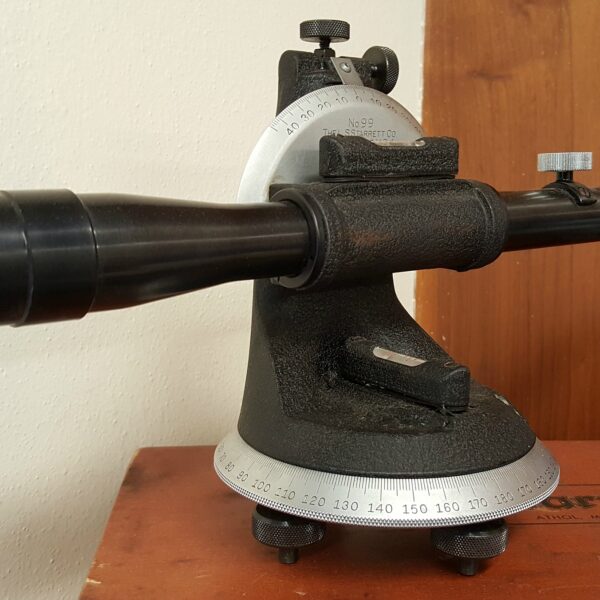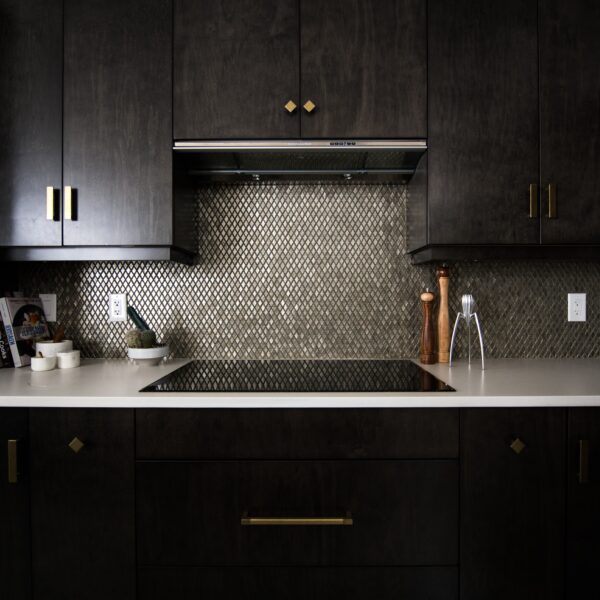In the world of real estate, both heirs and estate administrators have special issues while managing and protecting empty probate holdings. When a property is left unoccupied due to probate processes, it is vulnerable to a variety of threats, including vandalism, theft, natural catastrophes, and degradation.
Amidst the emotional and legal complexity of probate, securing appropriate insurance coverage for these properties is critical for minimising potential losses and liabilities. This article goes into the best methods for insuring vacant probate homes and offers advice for protecting important assets during times of transition.
Specialised Insurance Policies
Traditional home insurance plans may not provide adequate coverage for empty residences, particularly those in probate. As a result, stakeholders should investigate specialised insurance solutions adapted to the specific requirements of idle or unoccupied properties. Unoccupied property probate insurance plans often provide full risk coverage, including vandalism, theft, fire, water damage, and liability protection.
Probate and Property Ownership
Probate is the legal process of administering a deceased person’s estate, which includes the distribution of assets, such as real estate properties. During probate, homes may be uninhabited for lengthy periods of time while legal actions are resolved or ownership is transferred to heirs.
Stakeholders must understand their rights and duties for these properties, including the need to maintain insurance coverage to safeguard against unanticipated catastrophes.
Assessing Insurance Needs
When insuring a vacant probate property, the stakeholder will need to determine its specific risk profile. Location, condition, market worth, and vulnerability to certain risks are all important factors to consider. A complete risk assessment allows stakeholders to identify the kind and quantity of insurance coverage needed to appropriately safeguard the property and its assets.
Maintaining Property Maintenance
Insurance companies frequently enforce special rules for keeping empty homes to reduce risks and prevent losses. Regular maintenance duties such as lawn care, snow removal, security precautions, and periodic inspections are required to demonstrate dedication to property management. Failure to meet these conditions may lead to coverage restrictions or claim rejections in the event of a loss.
Securing the Property
Trespassers, vandals, and robbers like to target vacant homes. Implementing strong security measures is critical to preventing unauthorised access and protecting against illegal activity. Installing security cameras, motion-activated lighting, alarm systems, and strong locks can protect the property further.
Addressing Vacancy Clauses
A good deal of insurance plans have vacancy clauses, which limit coverage or impose extra requirements if a property is uninhabited for a lengthy period, usually 30 to 60 days. Stakeholders must become aware of these terms and take proactive steps to meet the insurer’s expectations. This might include paying regular visits to the property, maintaining utility services, or acquiring a vacany permit to assure ongoing coverage.
Reviewing Coverage Regularly
Insurance requirements alter with time, especially for properties undergoing probate processes that may see changes in ownership status or usage. Insurance coverage must be reviewed regularly to verify that it is adequate and current with the property’s conditions. Periodic reassessments allow stakeholders to increase coverage levels, add endorsements, or change insurance carriers as needed to provide complete coverage.
Documenting Property Conditions
Before getting insurance for a vacant probate property, stakeholders should meticulously record its condition using images, videos, and written descriptions. These records are crucial evidence in the case of a claim and can help verify any loss or damage sustained during the vacant period. Keeping accurate records of property inspections, repairs, and maintenance activities improves insurance claims and streamlines the claims process.
Seeking Legal Counsel
Probate processes can entail complicated legal concerns and duties, such as the administration and preservation of real property assets. It is recommended that you consult with skilled legal counsel who specialises in probate and real estate law to guarantee legal compliance and minimise any liabilities. Legal specialists can offer advice on insurance, estate administration, and risk management techniques that are suited to the unique circumstances of empty probate homes.
Conclusion
The protection and preservation of unoccupied probate properties is crucial for property owners. Owners may effectively secure their assets and avoid potential threats by scheduling regular inspections and security measures, as well as keeping proper insurance coverage.
Keeping up with local restrictions, developing emergency plans, and considering probate house insurance are all important. These steps not only help to maintain property value but also provide comprehensive coverage for unexpected situations. Property owners should take proactive measures to protect their unoccupied probate properties and retain peace of mind about their possessions.
Image Credits: Evelyn Paris




Like this article? Share with your friends!